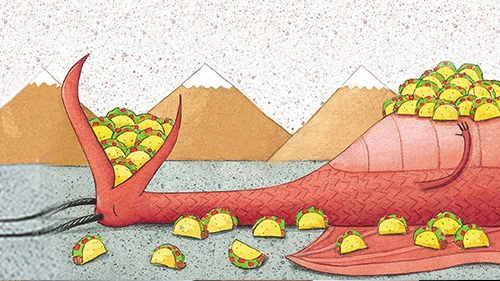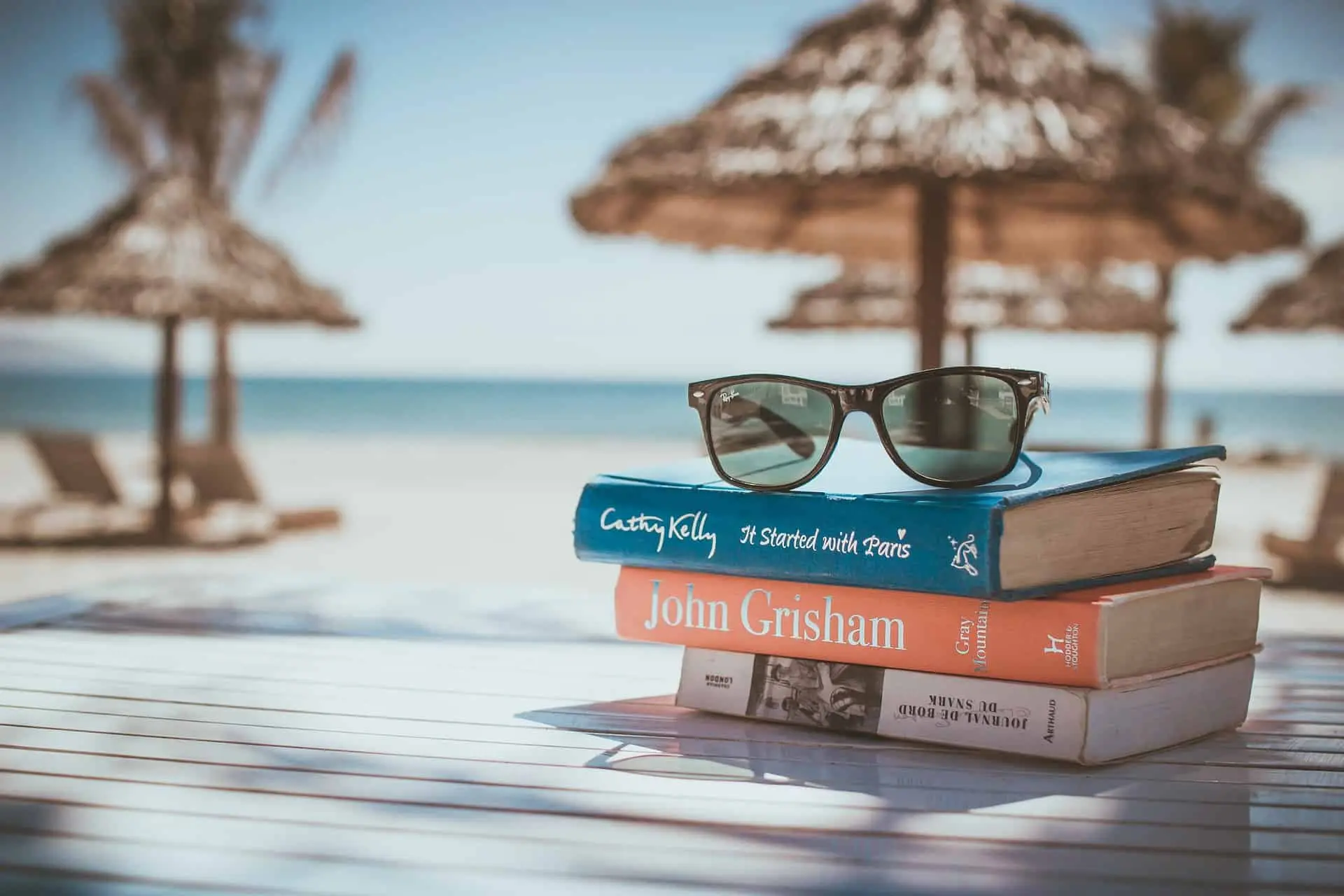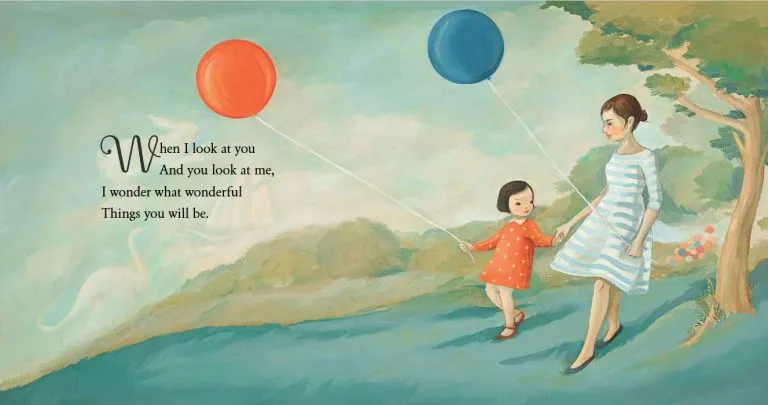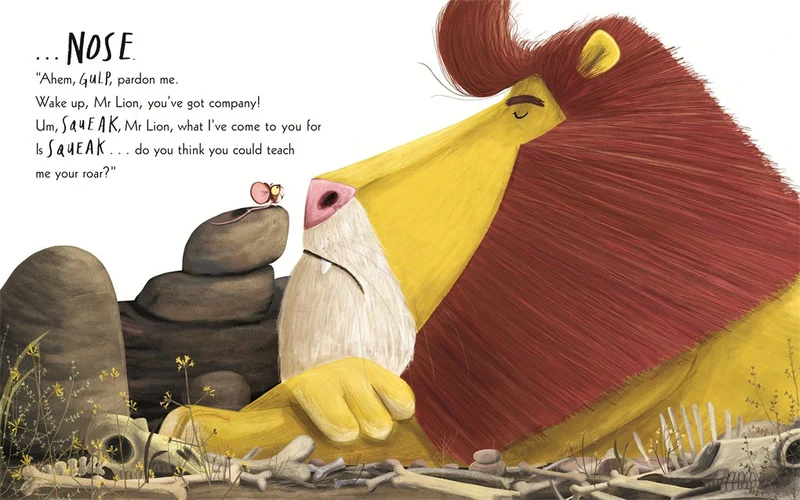You Wont Find Mark Morris at the Multiplex

“I’m not that interested in movies,” says the dancer and choreographer, whose new memoir is “Out Loud.” “I like poetry.”
What books are on your nightstand?
They change frequently. Sometimes it’s just my little phone. Right now you’ll find Anne Carson’s “Eros the Bittersweet,” again. I keep going back to the ceaseless, impossible longing of Eros in her wonderful book of history, translation and philosophy. I say if you can’t believe in the power of Cupid’s dart, then there’s no hope for you. “Y: The Descent of Men,” by Steve Jones. An interesting, sciencey explanation of the Y chromosome and sex distinction in all its vagary and confusion, and the strange trip through the behaviors of the life span of the males of many species. Edifying, but not very heartening.
What’s the last great book you read?
Here’s a great book: Ovid’s “Metamorphoses.” I recently re-re-read it. I’ve been through several translations, with David Slavitt’s as my favorite. Each story is a shocker every time. So moving and tender and violent and personal. So many of my interests in dance and music relate directly. Could it possibly be fiction? I admit that the number of “Great Books” I haven’t read would fill a book. I wish I could better remember the books I have read over so many years. Sorry, but I really can’t tell you much at all. I’ve read most, if not all, of Haruki Murakami, Lydia Davis, Stanley Elkin, Gertrude Stein, Mark Twain, Doris Lessing, Octavia Butler, Walt Whitman, Iris Murdoch, George Saunders, Frank O’Hara, and loved almost all of it, but I am not proud of how little has stayed in my mind with any kind of purity. I would fail every attempt to give a book report on just about any one of them. Oh, and I just remembered: “The Marriage of Cadmus and Harmony,” by Roberto Calasso. Great!
What should we read if we want to learn something about dance?
How about “Mark Morris,” by Joan Acocella, for starters? Then “Ballet 101,” by Robert Greskovic; “101 Stories of the Great Ballets,” by George Balanchine; “The Fred Astaire and Ginger Rogers Book” (and all the rest), by Arlene Croce; all the poetry and criticism of Edwin Denby; Agnes de Mille.
What’s your favorite book no one else has heard of?
“The Sense of Order: A Study in the Psychology of Decorative Art,” by E. H. Gombrich. Although I’ve never gone straight through it in sequence, I’ve owned it for 30 years. Open it to any page and you are availed of the most amazing pictures and the most lucid analysis of world-cultures’ dedication to making the world more beautiful, more satisfying. With the most marvelous and specific visual examples from everywhere, it is an obsessively detailed history and explanation of the human drive to symmetry, balance, rhyming and the desire to “fill” space. To me, it is an immensely exciting justification for all types of ornamental substance: musical, architectural, visual, intellectual.
Which writers — novelists, playwrights, critics, journalists, poets — working today do you admire most?
Lydia Davis, George Saunders, Roz Chast, Wesley Stace, Alex Ross, Keigo Higashino and many more. Lynda Barry: Right on!
Whose opinion on books do you most trust?
Friends: Isaac Mizrahi, Ethan Iverson, Wendy Lesser, Joan Acocella, Wesley Stace, R. L. Stine. The New York Review of Books, Times Literary Supplement. Gossip.
When do you read?
Constantly or never. Sadly, I admit to a kind of All-or-Nothing regimen when it comes to reading, exercise, correspondence. On an airplane, I sleep and read in alternation. Same as at home, in bed.
What moves you most in a work of literature?
Being grabbed immediately and dragged into the world of a book and its own language.
I like to be scared and worried and moved and puzzled and manipulated and welcomed. To be surprised by the satisfaction and reluctance of completion. To not want it to end. Awe-struck, sad, grateful.
Which genres do you especially enjoy reading? And which do you avoid?
I sometimes love speculative fiction or science fiction, whatever you call it. I like a memoir. I read plenty of research for the work I do in music and dance. I like to do homework to increase my range of reference. I have zero interest in sports, but sometimes like to read a little bit about it. I read criticism of all sorts: dance, music, architecture, literature, TV, but very rarely movies. I’m not that interested in movies. I like poetry.
How do you organize your books?
There is a kind of semi-system to my book arrangements (and my way-too-many CDs). I must admit to purging books for space. I give them to colleagues and to charity shops. I buy new ones all the time. I squeeze recent acquisitions in between the books already filling my several shelves, by lapsed categories from long ago. I allow pride of place to signed/dedicated copies. I have some very old books and a few first editions; oversize art and coffee-table (Van Eyck, Baldessari, Tom of Finland, Sol Lewitt), undersize (Edward Gorey); a small selection of vintage queer erotica; more poetry than you might expect (Frank O’Hara!). For some reason I have a lot of children’s books but no children. There is a section containing toasts and jokes and cartoons; plenty of music-related books and scores; assorted research. I have transferred all dance-related books to the Mark Morris Dance Center in Brooklyn, where we have a rather concentrated library. Plus, of course I read books, newspapers, magazines, etc. via iPhone, iPad, Kindle.
Have any books or writers influenced your artistic development?
Harry Partch’s “Genesis of a Music,” at least the first half. After that, it is over my head. Lou Harrison’s “Music Primer.” Alex Ross’s “The Rest Is Noise.” Charles Rosen’s “The Classical Style.” Ovid.
What’s the most interesting thing you’ve learned from a book recently?
That in heraldry, a bend sinister indicates bastardy. Then I read that it doesn’t.
What book might people be surprised to find on your shelves?
A Bible, because it was given to me as a child, and it helps me at “Jeopardy!”
Who is your favorite fictional hero or heroine? Your favorite antihero or villain?
Orlando, Huckleberry Finn.
What kind of reader were you as a child? Which childhood books and authors stick with you most?
As a kid, I read all the time for pleasure, but unfortunately very little of what was assigned me in school. I was not particularly interested in studying. I remember adoring Pippi Longstocking, “Island of the Blue Dolphins,” “101 Elephant Jokes.” I still love Dr. Seuss. A little later, I was obsessed with Jules Verne and, yes, “The Lord of the Rings.” The occult appealed (Illuminati, Aleister Crowley, Nostradamus) and I loved “Chariots of the Gods” and other such exciting nonsense. I love a hoax.
Do you count any books as guilty pleasures?
Kind of: A while ago, out of morbid curiosity, I dipped deeply into the bizarre Christian propaganda series “Left Behind” (LaHaye/Jenkins). I was hooked for about 12 of the books. The first one was gripping, jaw-dropping and bad. They didn’t get any better. Sorry!
You’re organizing a literary dinner party. Which three writers, dead or alive, do you invite?
Joan Didion, Stanley Elkin, Octavia Butler.
Disappointing, overrated, just not good: What book did you feel as if you were supposed to like, and didn’t? Do you remember the last book you put down without finishing?
“The Overstory,” by Richard Powers. I feel bad about it, but I kept thinking the sad, little human characters would become as interesting as the trees. I was wrong. I pre-emptively reject books that I know are not for me. “Fifty Shades…”? No. Maybe I’d love Harry Potter, but I’ll never know.
Whom would you want to write your life story?
Give me a break! I just knocked myself out with a memoir, already!
What do you plan to read next?
Proust… (laughs).




